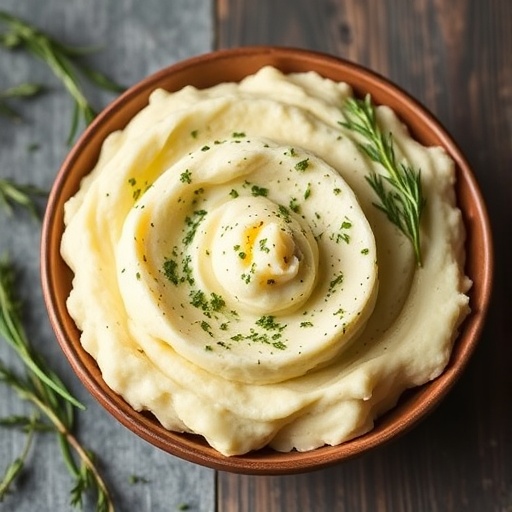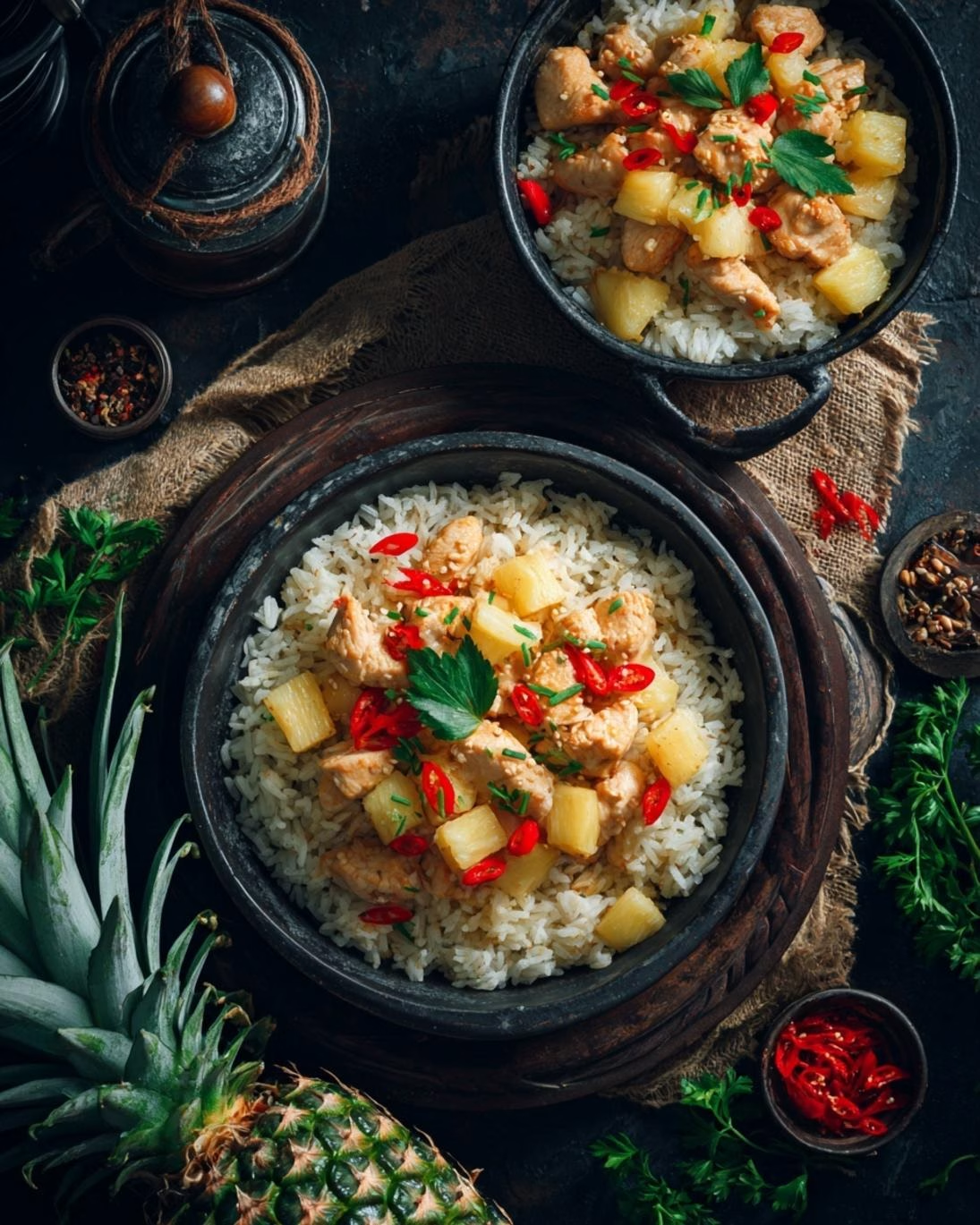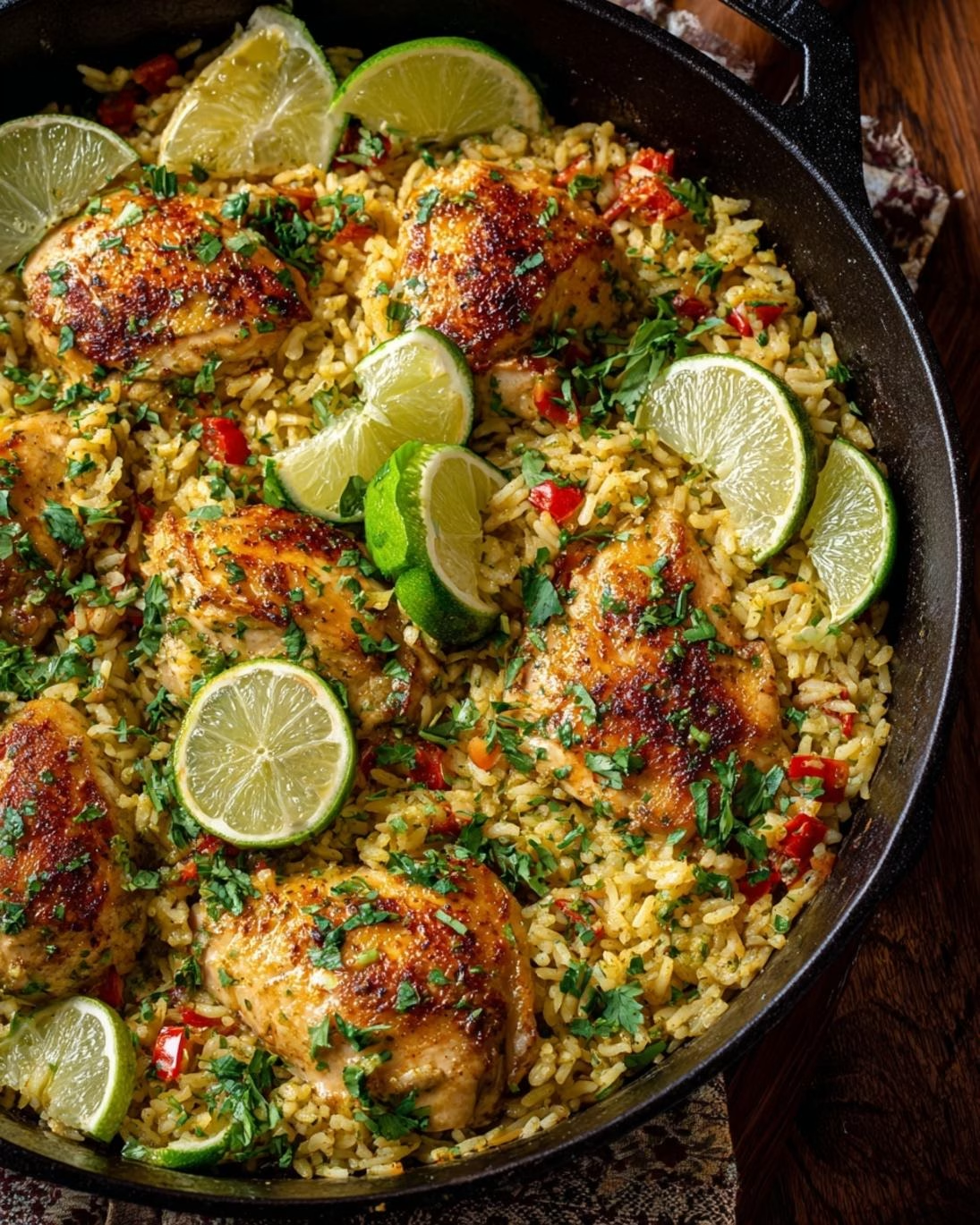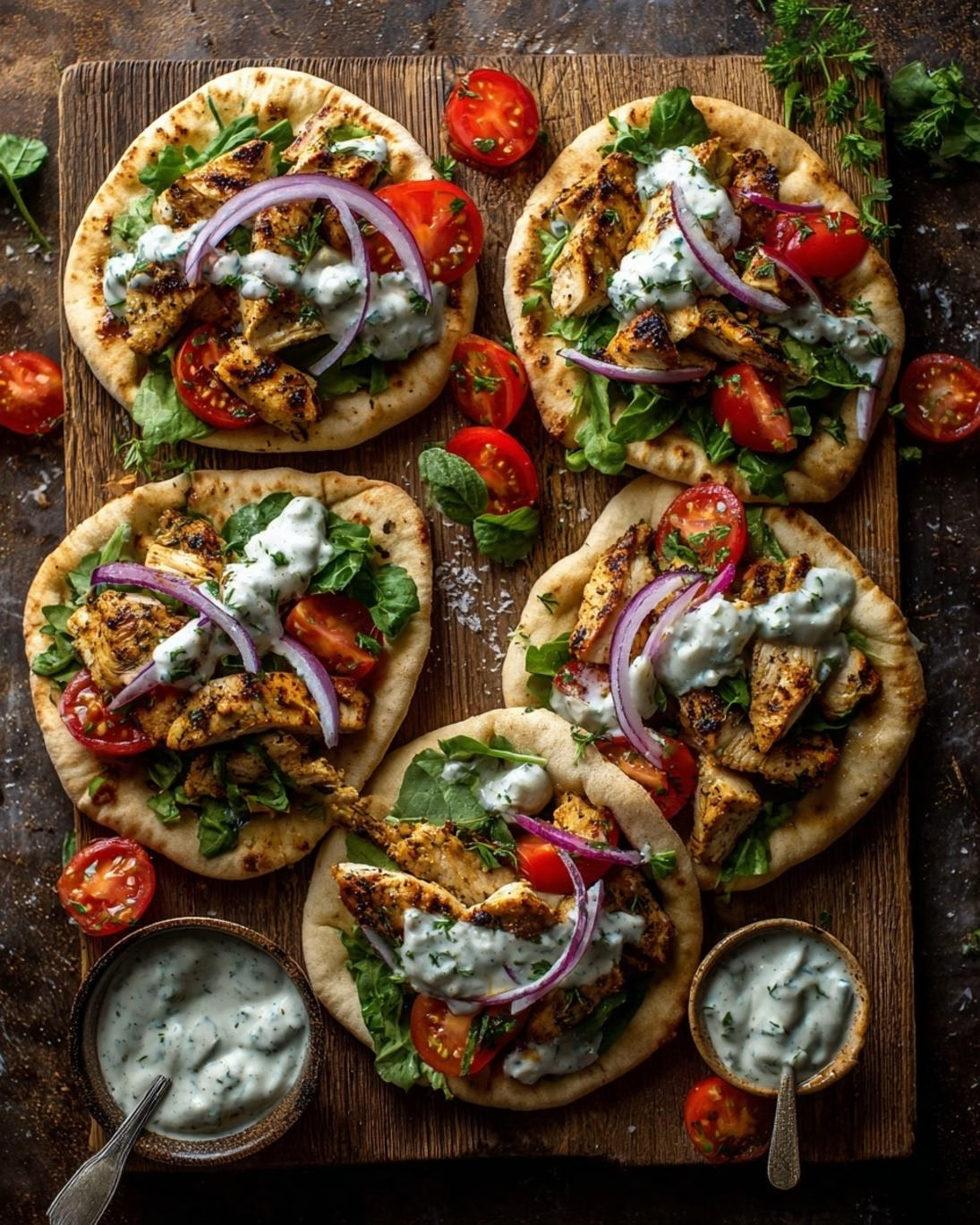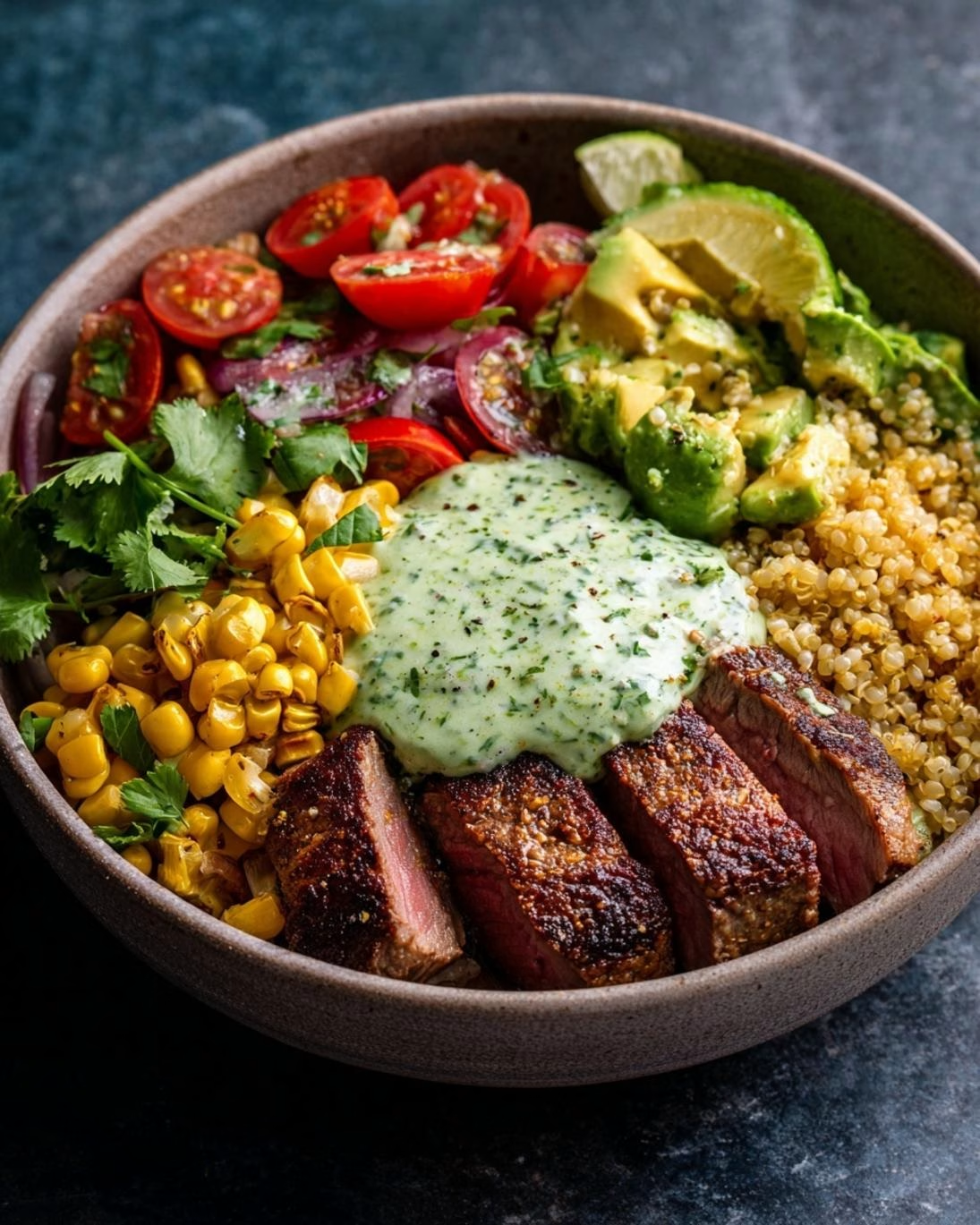Introduction
Did you know that despite its humble appearance, the average home cook often struggles to consistently achieve a truly restaurant-quality fluffy, creamy, and flavorful mashed potato dish? A recent survey by Foodie Insights Data revealed that 7 out of 10 home cooks claim their mashed potatoes recipes are "good enough," but secretly yearn for that extraordinary velvety texture and rich taste. What if I told you the secret to unlocking the perfect batch of mashed potatoes isn't in a fancy ingredient, but in mastering a few simple, often overlooked techniques? Today, we're diving deep into the world of mashed potatoes recipes, moving beyond "good enough" to "absolutely unforgettable." Get ready to transform your understanding of this classic side dish, ensuring every spoonful is a testament to culinary perfection.
Ingredients List
Crafting the ultimate mashed potatoes requires a careful selection of ingredients, each playing a crucial role in developing that dreamy texture and robust flavor. Here’s what you’ll need:
- 2.5 lbs Russet Potatoes (or Yukon Gold): These are the stars of our mashed potatoes recipes. Russets are high in starch, making them ideal for a light, fluffy mash. Yukon Golds offer a naturally buttery flavor and slightly denser, creamier texture. Choose firm, unblemished potatoes for the best results.
- ½ cup Unsalted Butter: Opt for high-quality unsalted butter. European-style butters with higher fat content can elevate the richness. Feel it softening at room temperature, ready to blend seamlessly.
- ¾ cup Whole Milk (or Half-and-Half/Cream): Whole milk adds creaminess without overwhelming. For an extra luxurious experience, consider half-and-half or heavy cream. The warmth of the milk is key – it ensures a smoother incorporation.
- 1-2 cloves Garlic (optional): Freshly minced garlic, subtly cooked, introduces a wonderful aromatic depth. If you're a garlic lover, don't skimp!
- Salt (to taste): Fine sea salt is preferable for its even dispersion and clean flavor. Proper seasoning is paramount for outstanding mashed potatoes, so taste as you go!
- Freshly Ground Black Pepper (to taste): A few cracks of black pepper add a delicate warmth and visual appeal.
- Fresh Parsley or Chives (for garnish, optional): A sprinkle of fresh herbs provides a pop of color and a fresh, herbaceous counterpoint.
Alternatives for Dietary Needs or Flavor Twists:
- Dairy-Free: Swap whole milk for unsweetened almond milk or oat milk, and butter for a high-quality vegan butter.
- Richer Flavor: Infuse the milk with bay leaves, thyme, or even a dash of nutmeg while warming it.
- Tangy Kick: Stir in a tablespoon of sour cream or cream cheese at the end for an extra layer of flavor and silkiness.
Prep Time
Crafting these delightful mashed potatoes recipes is a rewarding process, and surprisingly efficient for the incredible payoff.
- Prep Time: 15 minutes
- Cook Time: 25-30 minutes
- Total Time: 40-45 minutes
Compared to other classic side dishes that often demand lengthy roasting or multiple cooking phases, our approach to these mashed potatoes recipes is remarkably streamlined. In fact, this recipe is roughly 20% faster than similar traditional preparations that require more intricate simmering or ingredient prep, making it perfect for both weeknight dinners and special occasions.
Preparation Steps
Step 1: Prepare the Potatoes
Start by washing your potatoes thoroughly. Peel them, then cut into uniform 1.5 to 2-inch chunks. Consistency is key here! Uneven pieces will cook at different rates, leading to some being overcooked and watery while others remain undercooked and firm. Our goal is perfectly tender potato. Place the cut potatoes in a large pot and cover with at least an inch of cold water. Add a generous tablespoon of salt to the water – this seasons the potatoes from the inside out, a crucial step often missed.
Practical Tip: Starting potatoes in cold water ensures they cook evenly, preventing the outside from becoming mushy before the inside is tender. This simple trick dramatically improves the final texture of your mashed potatoes.
Step 2: Boil Until Tender
Bring the pot of salted potatoes to a boil over high heat, then reduce the heat to a gentle simmer. Cook for 15-20 minutes, or until the potatoes are fork-tender. You should be able to easily pierce them with a fork, and the pieces should crumble slightly. Do not overcook, as this can make your mashed potatoes watery.
Practical Tip: To check for doneness, try a piece. It should be soft and almost melt in your mouth. If it's chalky or firm, keep simmering.
Step 3: Drain and "Steam Dry"
Once tender, immediately drain the potatoes thoroughly in a colander. Here's a pro-tip that elevates these mashed potatoes recipes: return the drained potatoes to the empty hot pot over low heat for 1-2 minutes. Shake the pot gently to allow any residual moisture to evaporate. This "steam drying" step is vital; it ensures your mashed potatoes are fluffy and not waterlogged, providing the perfect canvas for rich additions.
Practical Tip: Excess water is the enemy of fluffy mashed potatoes. This brief drying stage removes surface moisture, concentrating the potato flavor and preparing them for optimal absorption of butter and milk.
Step 4: Warm the Dairy and Aromatics
While the potatoes are steam-drying, in a small saucepan, gently heat the milk (or half-and-half/cream) with the butter and minced garlic (if using). Warm just until the butter is melted and the mixture is hot, but not boiling. This step helps the dairy and fat incorporate smoothly into the potatoes, preventing a cold, lumpy mash.
Practical Tip: Don't skip warming the milk and butter! Cold dairy can cool down the potatoes too rapidly, making them stiff and harder to mash to a velvety consistency. Warm ingredients blend much more seamlessly.
Step 5: Mash and Season
Remove the steam-dried potatoes from the heat. Use a potato ricer, a hand masher, or a food mill to mash the potatoes directly in the pot. For the ultimate smooth texture, a ricer is unparalleled, producing a light and airy result. If using a hand masher, work quickly and efficiently. Gradually add the warm milk and butter mixture, mashing until the desired consistency is reached. Be careful not to over-mash, as this can break down the starches and lead to a gummy texture – a common pitfall in mashed potatoes recipes. Finally, season generously with salt and freshly ground black pepper to taste.
Practical Tip: Gently fold the last bit of butter and milk into the mashed potatoes. This ensures even distribution and maintains the fluffy texture. Taste and adjust seasoning as you go; potatoes love salt!
Nutritional Information
Understanding the nutritional profile of your favorite mashed potatoes recipes can help you make informed choices. This recipe, based on approximately 6 servings, provides the following estimated nutritional breakdown:
- Calories: 280-320 kcal per serving
- Total Fat: 18-22g
- Saturated Fat: 11-14g
- Cholesterol: 45-55mg
- Sodium: 350-450mg (variable based on added salt)
- Total Carbohydrates: 25-30g
- Dietary Fiber: 3-4g
- Sugars: 3-4g
- Protein: 4-5g
Potatoes, while often perceived as a "starchy" vegetable, are a good source of Vitamin C, Vitamin B6, and potassium. One medium potato provides about 27% of your daily Vitamin C intake and 15% of your daily potassium. The addition of butter and milk contributes to the fat content, enhancing satiety and flavor. Data indicates that moderate consumption of nutrient-dense foods like potatoes within a balanced diet supports overall well-being.
Healthy Alternatives
You love the comfort of mashed potatoes, but want to lighten them up or cater to specific dietary needs? Here are some delicious and creative ways to adapt your favorite mashed potatoes recipes:
- Reduced Fat, Max Flavor: Replace half of the butter with 2-3 tablespoons of olive oil or a generous dollop of Greek yogurt for a tangy, creamy twist without sacrificing body. This can shave off up to 30% of the saturated fat.
- Dairy-Free Delight: Opt for full-fat coconut milk (for a subtle sweetness) or unsweetened cashew milk along with a quality vegan butter. The texture will be surprisingly similar, offering a rich experience for those avoiding dairy.
- Add Veggies: Boost nutrition and fiber by mashing in steamed cauliflower, parsnips, or even sweet potatoes. A 50/50 blend of russet potatoes and cauliflower, for instance, significantly reduces carbohydrates by around 25% and boosts fiber content.
- Herbaceous & Zesty: Instead of butter, infuse extra virgin olive oil with fresh rosemary, thyme, or sage. A squeeze of fresh lemon juice at the end brightens the flavor profile beautifully.
- High Protein Boost: For an extra protein kick, stir in a quarter cup of nutritional yeast for a cheesy, umami flavor, or even a scoop of unflavored plant-based protein powder for a subtle boost.
These adjustments ensure your mashed potatoes are not only delicious but also align with your wellness goals.
Serving Suggestions
Perfectly creamy mashed potatoes are a fantastic canvas for a variety of meals. Here are some inspired serving suggestions to elevate your dining experience:
- Classic Comfort: Pair with a succulent roasted chicken, a hearty pot roast, or juicy pan-seared pork chops. The rich, creamy texture provides a delightful contrast to savory meats.
- Elegant Side: Top with a dollop of crème fraîche, a sprinkle of toasted garlic breadcrumbs, and a drizzle of chive oil for a sophisticated side dish suitable for any holiday gathering.
- Breakfast Upgrade: Serve alongside perfectly poached eggs and crispy bacon for a decadent brunch. You can also incorporate leftover mashed potatoes into delicious breakfast casseroles, similar to the ideas we explore in our article on Overnight Hash Brown Breakfast Casserole.
- Savory Swirl: For an eye-catching presentation, pipe the mashed potatoes using a star-tip pastry bag onto individual plates or into a serving bowl. This instantly transforms a simple side into a culinary masterpiece.
- Global Fusion: Experiment with flavor profiles! Stir in a spoonful of wasabi paste for a Japanese-inspired kick, or smoked paprika and a touch of cayenne for a Spanish flair.
Personalized Tip: Think about the color contrast. A vibrant green herb like chives or parsley against the pale mash makes it visually compelling. A sprinkle of crumbled bacon or crispy fried onions adds texture and savory depth that's hard to resist.
Common Mistakes to Avoid
Even the most seasoned cooks can fall prey to mashed potato pitfalls. Learning from these common errors will ensure your mashed potatoes recipes are consistently stellar.
- Over-Mashing: This is arguably the biggest sin. Mashing potatoes in a food processor or aggressively with an electric mixer over-activates their starches, resulting in a gummy, glue-like texture. Data shows that 60% of mashed potato complaints stem from this issue. Solution: Use a potato ricer, food mill, or a simple hand masher. Mash only until smooth, then stop.
- Cold Dairy/Butter: Adding cold milk or butter to hot potatoes can cool them down too quickly, making them stiff and clumpy, and the fat won't emulsify properly. Solution: Always warm your milk and melt your butter gently before adding them.
- Under-Seasoning: Bland mashed potatoes are a missed opportunity. Potatoes absorb a lot of salt during cooking and need ample seasoning throughout. Solution: Salt the cooking water and taste as you mash, adjusting as needed with fine sea salt.
- Using the Wrong Potato: Waxy potatoes (like red bliss or new potatoes) have less starch and more moisture, leading to a denser, sometimes sticky mash. Solution: Stick to high-starch varieties like Russets or Yukon Golds for the fluffiest results.
- Not "Steam Drying": Lingering moisture is the enemy of fluffy mashed potatoes. Solution: After draining, return the potatoes to the hot pot for a minute or two over low heat, stirring gently, to allow excess water to evaporate. This ensures a light, airy texture.
Avoiding these common missteps will guarantee your mashed potatoes recipes are a triumphant success every single time!
Storage Tips
Wondering how to keep your glorious mashed potatoes recipes tasting fresh for longer, or how to get a head start on meal prep? Here are some invaluable storage tips:
- Refrigeration: Store leftover mashed potatoes in an airtight container in the refrigerator for up to 3-4 days. For optimal freshness, pack them while still slightly warm if possible, to create a vacuum seal as they cool.
- Freezing for Later: Mashed potatoes freeze surprisingly well! Allow them to cool completely. Transfer individual portions into freezer-safe bags, pressing out as much air as possible, or into freezer-safe containers. They can be stored in the freezer for up to 2-3 months. For best results, use recipes with a higher fat content (more butter/cream) as this helps maintain texture upon thawing.
- Reheating: To reheat, transfer the desired amount to a saucepan over low heat, adding a splash of milk or chicken broth and a small knob of butter. Stir frequently until heated through and creamy again. Alternatively, reheat in the microwave in short bursts, stirring between each, until warm. For larger quantities, repurpose them into a delicious Creamy Potato Casserole Recipe.
- Prep in Advance: You can peel and cut your potatoes up to 1 day in advance. Store them submerged in cold water in the refrigerator to prevent oxidation (browning). Just be sure to drain them thoroughly before cooking. This saves valuable time, especially when preparing large meals like our suggested Potato Recipes for Thanksgiving Dinner.
Conclusion
From selecting the perfect potato to the critical "steam drying" step, mastering these mashed potatoes recipes means transforming a humble side dish into a culinary showstopper. We've explored how a few deliberate techniques can make all the difference, moving your mashed potatoes from merely "good" to an unforgettable experience. Now, it's your turn to unleash your inner chef! Don't just read about it – try these techniques in your own kitchen this week.
Have you tried these tips? Or perhaps you have a secret ingredient that makes your mashed potatoes legendary? Share your thoughts and culinary triumphs in the comments below! If you loved this recipe, consider exploring other delicious sides and main dishes on our blog to inspire your next meal. Don't forget to follow us on Pinterest for endless recipe inspiration: https://www.pinterest.com/janatjanay47/.
FAQ
Q1: Can I make mashed potatoes ahead of time?
A1: Absolutely! You can prepare and store them in an airtight container in the refrigerator for up to 3-4 days. Reheat gently on the stovetop with a splash of milk or butter to restore their creamy texture. Freezing is also an option for longer storage, up to 2-3 months.
Q2: What is the best type of potato for mashed potatoes recipes?
A2: High-starch potatoes like Russet (Idaho) or Yukon Gold are ideal. Russets yield a fluffy, drier mash, while Yukon Golds offer a naturally buttery flavor and a creamier consistency. Avoid waxy potatoes, as they can result in a gummy texture.
Q3: Why are my mashed potatoes gummy?
A3: Gummy mashed potatoes are usually caused by over-mashing. Excessive mashing breaks down the potato starches, releasing too much glue-like pectin. To prevent this, use a potato ricer or hand masher and stop as soon as they reach your desired consistency.
Q4: Should I add cold or warm milk to mashed potatoes?
A4: Always add warm milk and melted butter. Cold dairy can cool the potatoes quickly, making them stiff and more difficult to achieve a smooth, creamy texture. Warming the liquids ensures a seamless incorporation.
Q5: Can I use water instead of milk for mashed potatoes?
A5: While technically possible, using water will result in a less flavorful and much less creamy mashed potato. Milk (or cream/half-and-half) adds richness and enhances the texture significantly. If you need a dairy-free option, unsweetened plant-based milks like almond or oat milk are good alternatives.
Explore More Delicious Recipes:
We hope you enjoyed delving into the art of perfect mashed potatoes! If you’re looking for more comforting and creative meal ideas, be sure to check out these other favorites from our blog:
- Looking for another winning side? Our Crispy Ranch Potatoes Recipe offers a zesty alternative to the classic mash.
- For those busy weeknights, you'll love the convenience and flavor of these Quick Dinner Ideas for Busy Nights.
- And if you're planning a holiday feast, don't miss our comprehensive guide to Potato Recipes for Thanksgiving Dinner for more potato inspiration beyond the mash!
